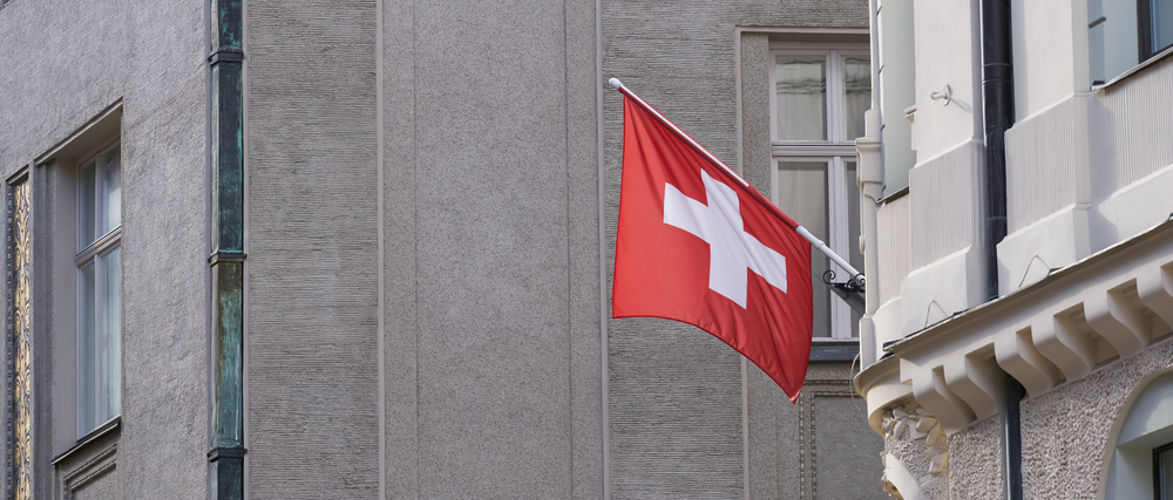By Dagmar Henn.
The general opinion is that Germany has so far done quite well in fighting the pandemic. One could again dare to loosen the rules, and the whole world would look enviously at these successes.
However, the German strategy is profoundly incomplete. After all, a lockdown is in fact only a gain in time, which should be followed by measures that not only reduce the spread of the virus, but actually eradicate it.
This would have meant using the lockdown period to identify the existing clusters through massive testing and then wipe out. Massive tests? The most favorable report speaks of the possibility of 800 000 tests per week. It would still take a hundred weeks or two years to test the population, if you ignore the fact that tests have to be repeated again and again at particularly sensitive points, such as hospitals and nursing homes.
Would that even be possible? If this question were to be taken up by anyone in the political landscape (which unfortunately is not the case), the answer would probably be that it would not be possible to provide so many tests so quickly.
Just as it was possible to introduce an obligation to use a mouthguard, but not to make appropriate quantities available to everyone at a realistic price for an industrialized society (i.e. the price that was usual before the pandemic). Yes, there have been attempts to get existing industry to produce. And what did that look like? Adidas continues to produce sneakers and clothing in its fully automated factories; the masks, which are on sale on a large scale, are made by seamstresses working from home (1), as in the 19th century…
The result of this truly heroic effort: 12,000 masks… By the way, Adidas had previously obtained a modest 2.4 billion (2 ) loan. The balance for the German population, who have to finance the loans, is one mask for every two million. This is what happens when you don’t get decision-making rights in return for state support.
The Chinese example shows how things work differently. In Wuhan a new focus of infections (out of a total of six cases!) has been discovered in the last few days. Since the Chinese goal is to eradicate the virus, the reaction is to test the entire population (3) of the megacity.
We will be able to observe it – in three weeks at the latest they will have completed their tests.
In Germany it is seen as a mercy when it is finally no longer necessary to prove that one has had contact with a proven infected person in order to be tested. The reason for this? Although the real cost of the test was already known at the very beginning of the pandemic (10 euros), the health insurance is charging much more (4): “An estimated 20 million corona tests this year would mean around 1.6 billion euros in additional expenditure.“
That is, listen and be amazed, a whole 80 euros per test. It is clear that mass testing is not available at that price. It has already been said that the contributions must be increased. The privatized clinics also had to be saved by paying 500 euros per day for the provision of intensive care beds that were fortunately not used. Instead of simply explaining who believes that health is a business model, we have to live with the associated risks, including pandemics.
Those who cannot do this have no place in this market… a real public health system would not have these problems.
But is it really only the firm belief in the market that prevents reasonable action and reasonable prices here? Could Germany really not test more? Implement a strategy to eradicate the virus? How was even poor Vietnam (5) able to do this? It could certainly do so. However, the German government is apparently counting on a little-observed collateral effect: quietly and unobtrusively, a complete restructuring of the administration is being carried out in the background. Masses of activities in both the public and private sectors are being shifted to the home office, and this change is intended to be permanent.
The trade unions accompany this step with the familiar mixture of naivety and sleepiness. Because even if at first glance the elimination of the need to travel to and from work appears to be a gain, massive costs are being passed on to the employees. Even if the computers are provided – after all, they have to provide the table, the data line, in some cases even a separate room for which they themselves pay the rent, they have to supply their workplace with electricity and heat themselves.
The boundary between private life and working hours disappears completely, overtime is no longer compensated because it can no longer be documented, and the corresponding piecework rates, such as in the cleaning trade today, will not be long in coming. There will be no more canteens and no more social contacts between employees, which (should the trade unions wake up from their sleep at some point) will make organizing and asserting their own interests much more difficult.
The other side will in turn save on buildings, heating, data lines, and will gratefully pocket this in silence and rely on the fact that the looming unemployment will ensure that all these costs do not appear as claims for the pay slip.
Make no mistake – the recession that was visible in the wake of Corona was already on the horizon before Corona, and only some of the effects are actually a consequence of the lockdown. It is rather the other way around. The lockdown was a good opportunity to start the second round of bank bailouts very quietly and to give a further boost to the bottom-up distribution, including from small companies to large corporations. Just as at the European level the German government is now tightening the garrote that was laid on its neighbors during the euro crisis (6).
The austerity course will only be tightened further. There are the first reports from local authorities (7) announcing job cuts and cutback measures.
The statement from the federal government also says that what is now being spent because of Corona will have to be cut again afterwards. After all, tax revenues fell massively (8), and there was the debt brake…
In other words, even more bridges in need of repair, school buildings in need of renovation, rotting infrastructure; and all this, as usual, to ensure the well-being of German companies. You can be sure that what is mumbled about the economic stimulus package will also, as in the ‘financial market crisis’, go to the usual corporations and will not even touch the real problems.
Nobody has yet taken stock of the so-called Corona aid, but just looking at the billions for Adidas makes it clear that the bulk of the cake was not in the form of aid for the population. They will get their lion’s share. The lion’s share of the forthcoming cuts. The price increases (9) that are becoming apparent on all sides are also affecting all those who have to cut back anyway – what interests a Susanne Klatten or a Friede Springer if vegetables become more expensive? Together with the upcoming CO2-tax this means massive price increases, which again will not be compensated by wage increases and consequently also not by increases in social benefits.
As long as the threat of a renewed flare-up of the pandemic exists, all these economic issues can be concealed very well. So there is an interest in not eradicating the virus. A little bit of epidemic is good for the network of super-rich people and corporations, which in this country is wrongly called ‘the economy’, and whose business model can actually only be kept alive since then with Lehmann by printing money and looting.
Who needs all the small hotels, butchers or bakers, who needs a holiday for the masses… it’s more ecological anyway, if they finally live more modestly, that will certainly be explained to them (or greened up?).
The political debate about who should have been supported and how, let alone whether it is even legitimate to support corporations and not people, is not being conducted, because everything is busy arguing about whether the lockdown was necessary or not. There was and is no visible political group which, in the interests of the population, is calling for a strategy of rapid eradication of the virus in order to actually restore normal life afterwards. No one is calling for a rapid, broad-based test.
No one is calling for a response to the crisis in the form of genuine state investment. Yes, it may be that the opportunity is also being taken to cut back on one or two civil rights. But the real blow is being dealt, with the help of a half-conquered epidemic, as a raid in euros and cents.
+++
Thanks to the author for the right to publish.
+++
Image source: Tobias Hauke / shutterstock
+++
KenFM strives for a broad spectrum of opinions. Opinion articles and guest contributions do not have to reflect the views of the editorial staff.
+++
KenFM now also available as a free app for Android and iOS devices! Via our homepage you can visit the stores of Apple and Google. Here is the link: https://kenfm.de/kenfm-app/
+++
Support us with a subscription: https://www.patreon.com/KenFMde
+++
You like our program? Information about further support possibilities here: https://kenfm.de/support/kenfm-unterstuetzen/
+++
Now you can also support us with Bitcoins.

BitCoin address: 18FpEnH1Dh83GXXGpRNqSoW5TL1z1PZgZK










Kommentare (0)